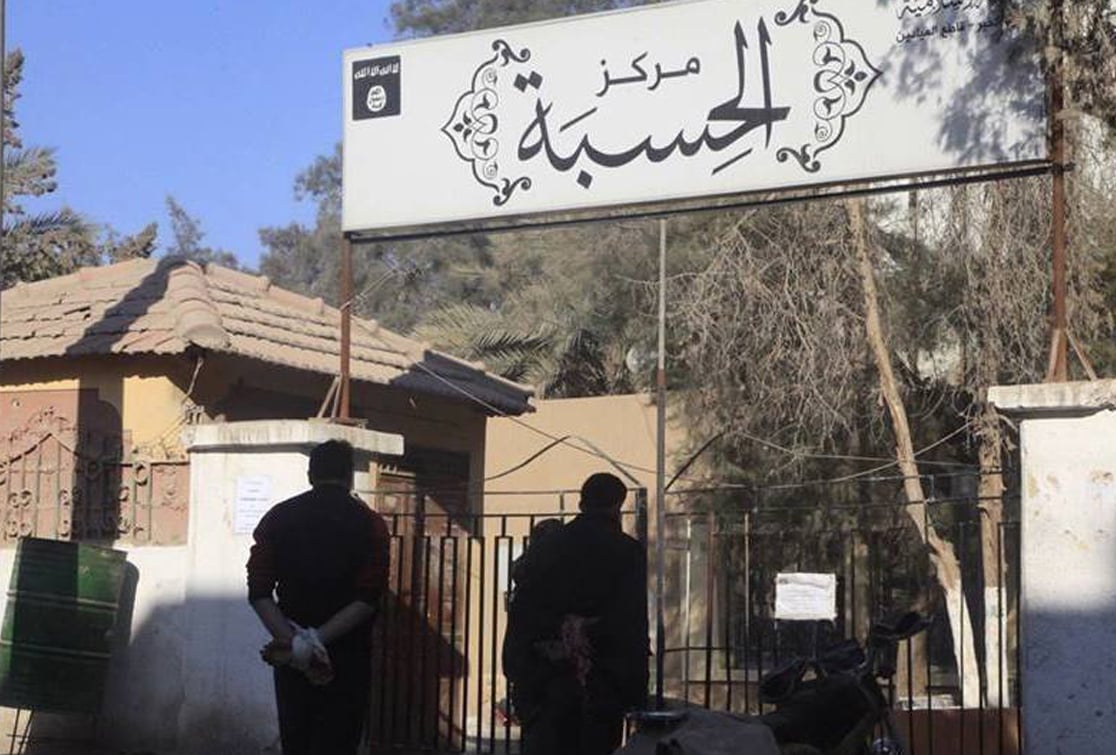|
Keeping mass atrocity prevention a priority for the next UN Secretary-General |
|
|
|
UN Photo/Marco Castro |
|
As UN Secretary-General Ban Ki-moon approaches the end of his term, member states and civil society have campaigned for improved transparency in the selection process for the next Secretary-General. From 12 to 14 April the President of the General Assembly convened interactive dialogues with the nine candidates currently nominated for the position. Member states questioned the candidates on a wide range of global issues. These dialogues presented an opportunity to encourage the candidates to ensure that R2P and the prevention of genocide, war crimes, crimes against humanity and ethnic cleansing remain a core priority of the UN. Spain and Mexico directly asked some candidates to explain how they would implement R2P in their work if elected. Four candidates, Dr. Igor Lukšić, Ms. Irina Bokova, Ms. Natalia Gherman and Dr. Srgjan Kerim, specifically mentioned R2P in their written statements and remarks. |
|
During his term, Secretary-General Ban Ki-moon worked to put “Human Rights up Front” in responding to grave violations of human rights. The next UN Secretary-General should continue efforts to keep mass atrocity prevention at the core of the UN’s mission. The next Secretary-General must emphasize the need for UN member states to consistently and comprehensively deliver on their commitment to protect populations from genocide, war crimes, ethnic cleansing and crimes against humanity. |
|
|
|
Global Centre Advocacy Highlights Our Executive Director, Dr. Simon Adams, recently met with six of the candidates to convey how the next UN Secretary-General can prioritize implementation and operationalization of R2P and the prevention of mass atrocity crimes. For more information, see our story on Storify. The Global Centre also co-signed a joint statement with Amnesty International, CIVICUS, FIDH, Human Rights Watch and the World Federalist Movement on priorities for a human rights agenda for the next Secretary-General. The Global Centre will continue to engage with candidates in the coming months.
|
|
|
|
|
Sixth Annual Meeting of the Global Network of R2P Focal Points The sixth annual meeting of the Global Network of R2P Focal Points will be held in Seoul from 20 to 22 June 2016. The government of the Republic of Korea is hosting the meeting in collaboration with the Global Centre. The focus of the meeting will be on practical implementation of R2P, including operational initiatives to strengthen national, regional and international capacities to prevent and halt mass atrocity crimes. |










